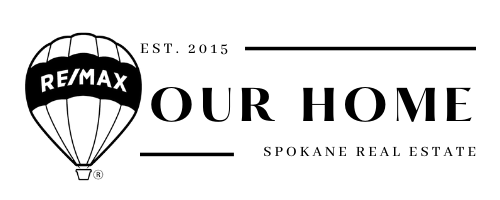The Purchase and Sale Agreement (PSA) is the document (or contract) made between the Buyer and the Seller. This includes the sale price of your new home and all the terms and contingencies of the purchase. This is always signed in two parts and is done at the very beginning of a deal. The Buyer initiates the process by filling out and signing a Purchase and Sale Agreement. (At this stage the PSA is an offer because the Seller has not signed it.) If the Seller decides to accept the Buyer offer, they will sign the entire PSA and it becomes a Mutually Accepted Contract or a Signed Around Deal. If the Seller does not accept the Buyer’s offer but wants to make a change, they can present a Counter-Offer to the Buyer.
Typically, the Seller will sign the entire contract and attach a Counter-Offer addendum with the changes. Price is very often a counter-offer term, but any part of the contract, if changed by the Seller, constitutes a counter-offer. If the Buyer accepts these changes, they only have to sign the counter-offer addendum, indicating they accept, and we have a mutually accepted contract. Alternatively, the Buyer can present the Seller with a counter of their own – and this can go back and forth until either both parties agree (mutual acceptance) or they decide that they just aren’t going to reach an agreement on terms and part ways.

